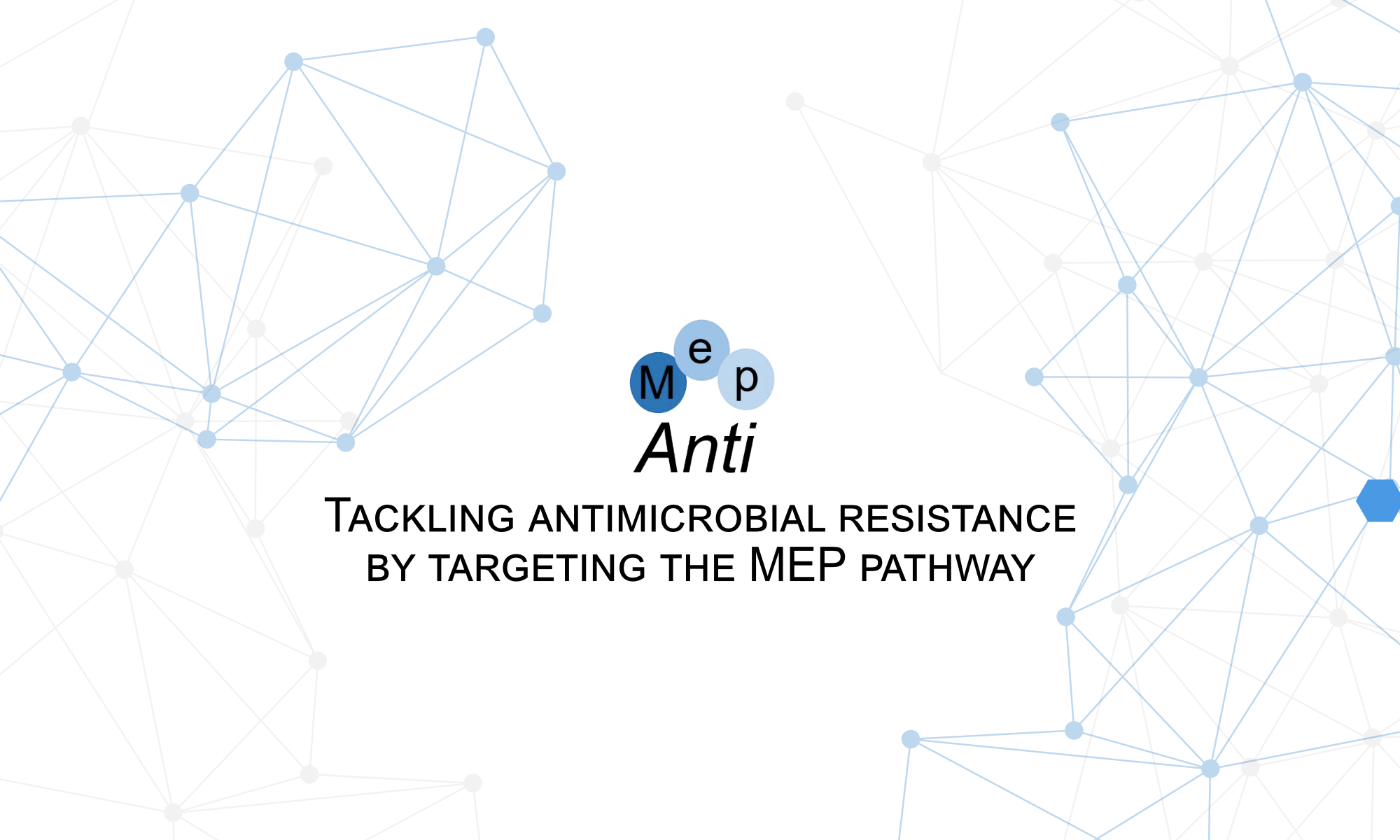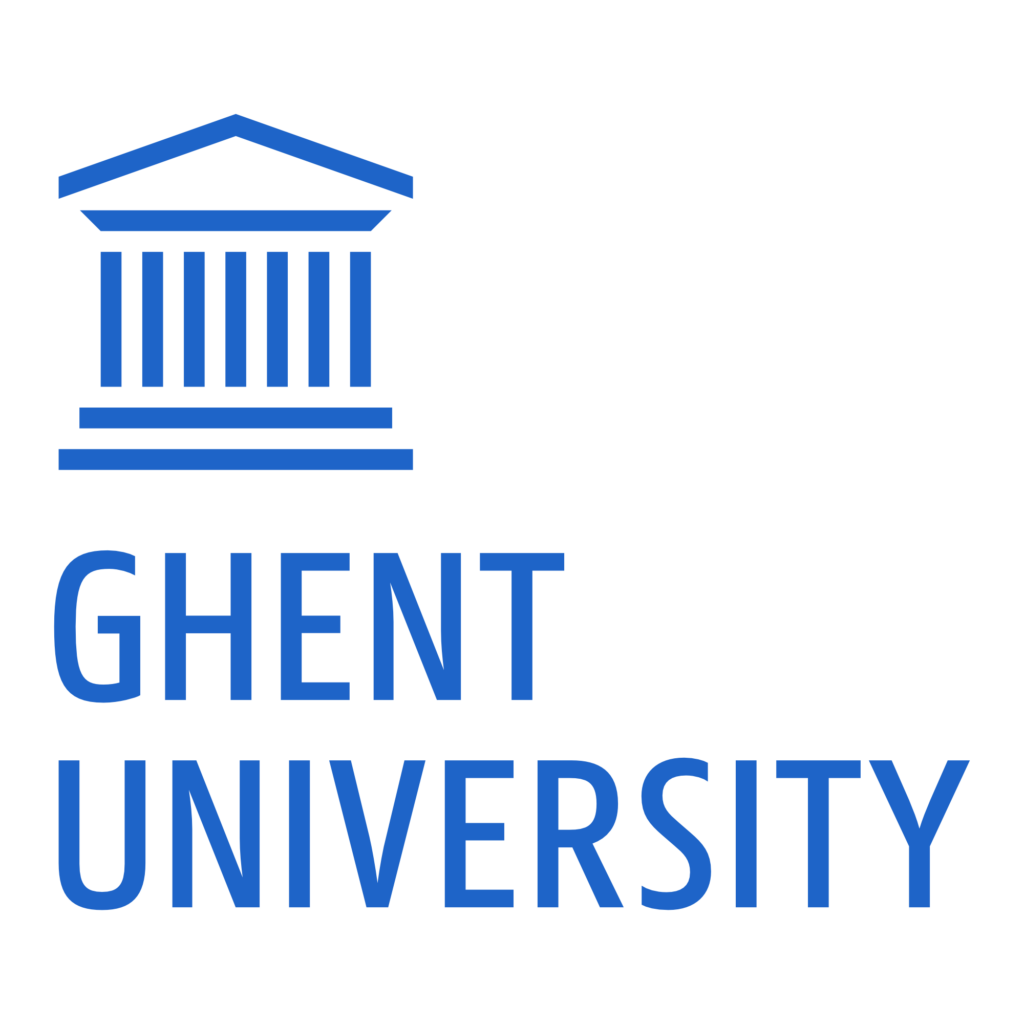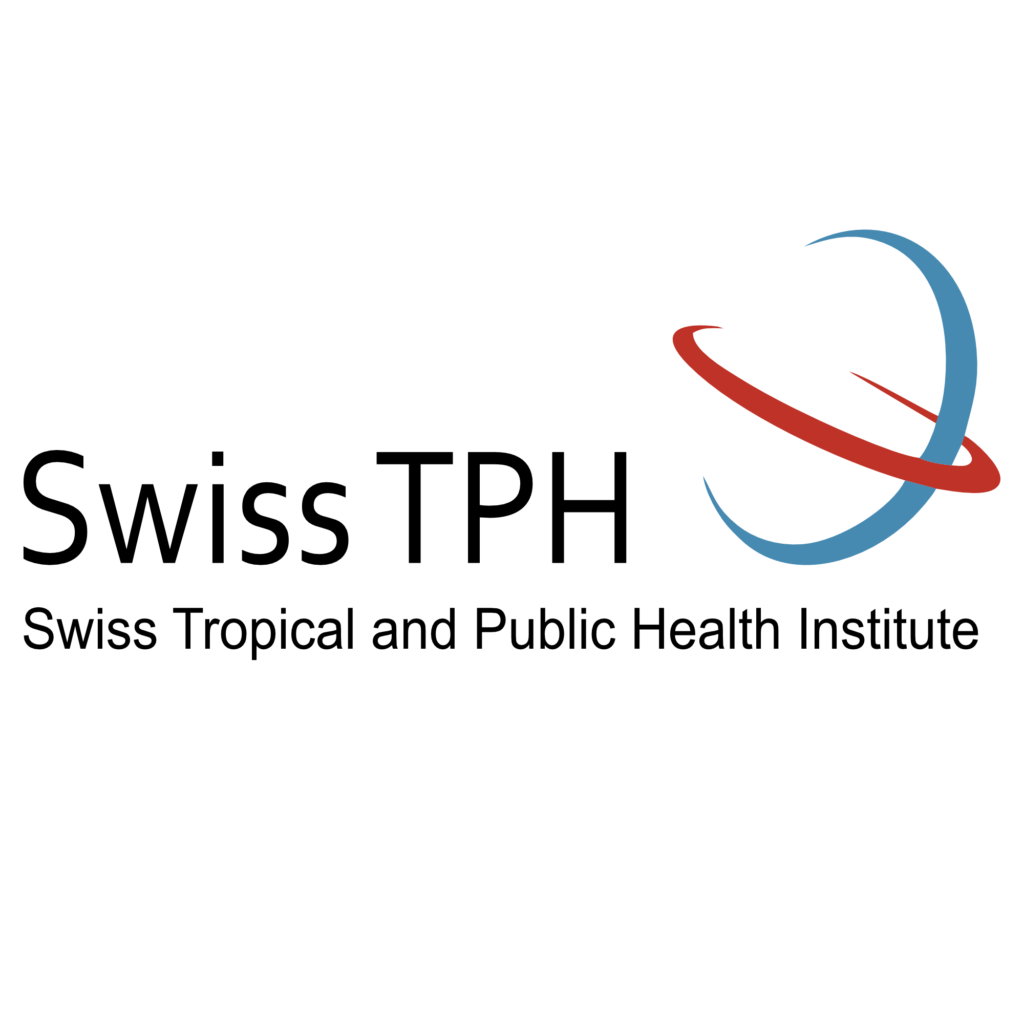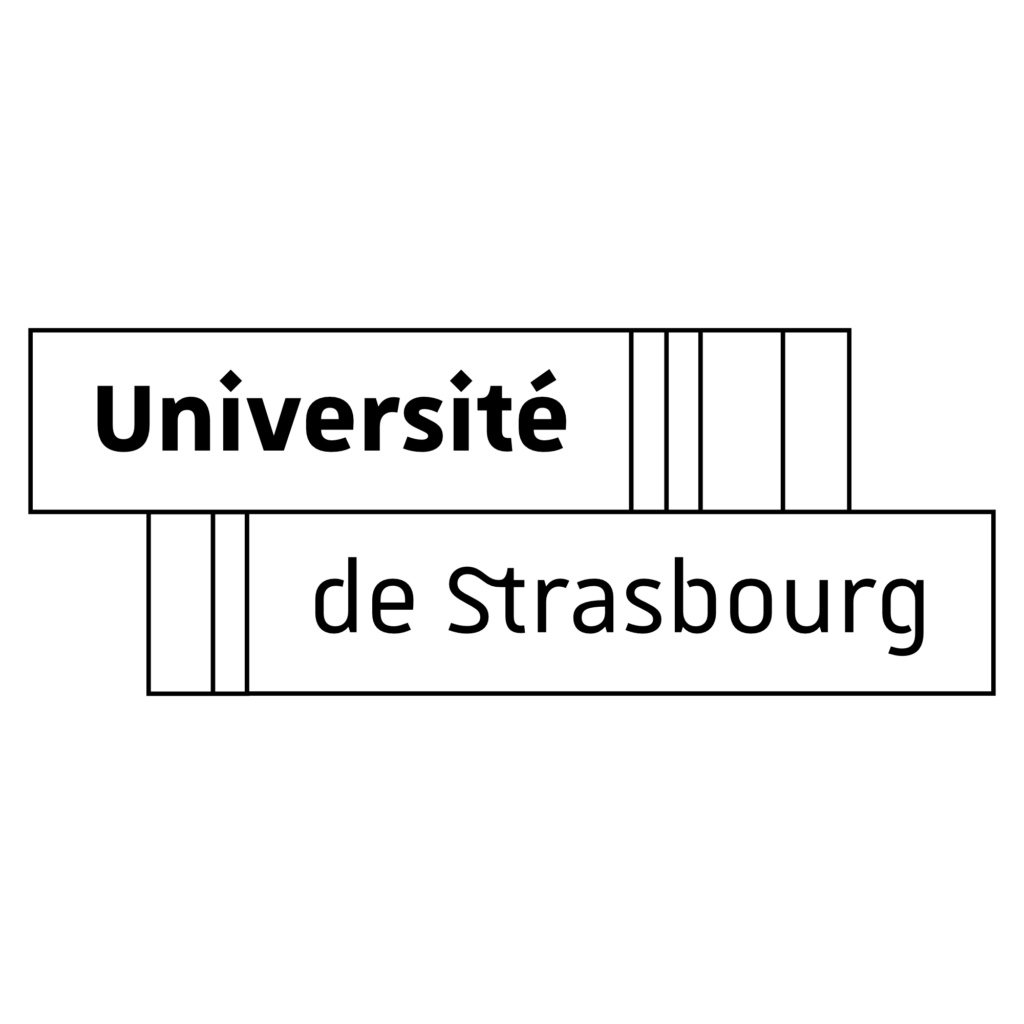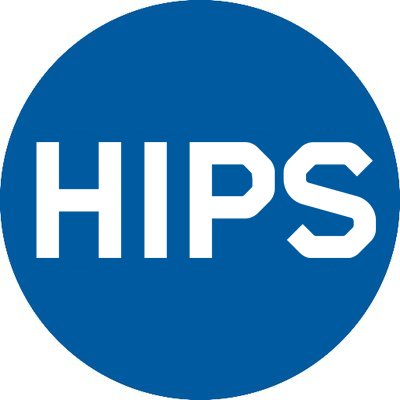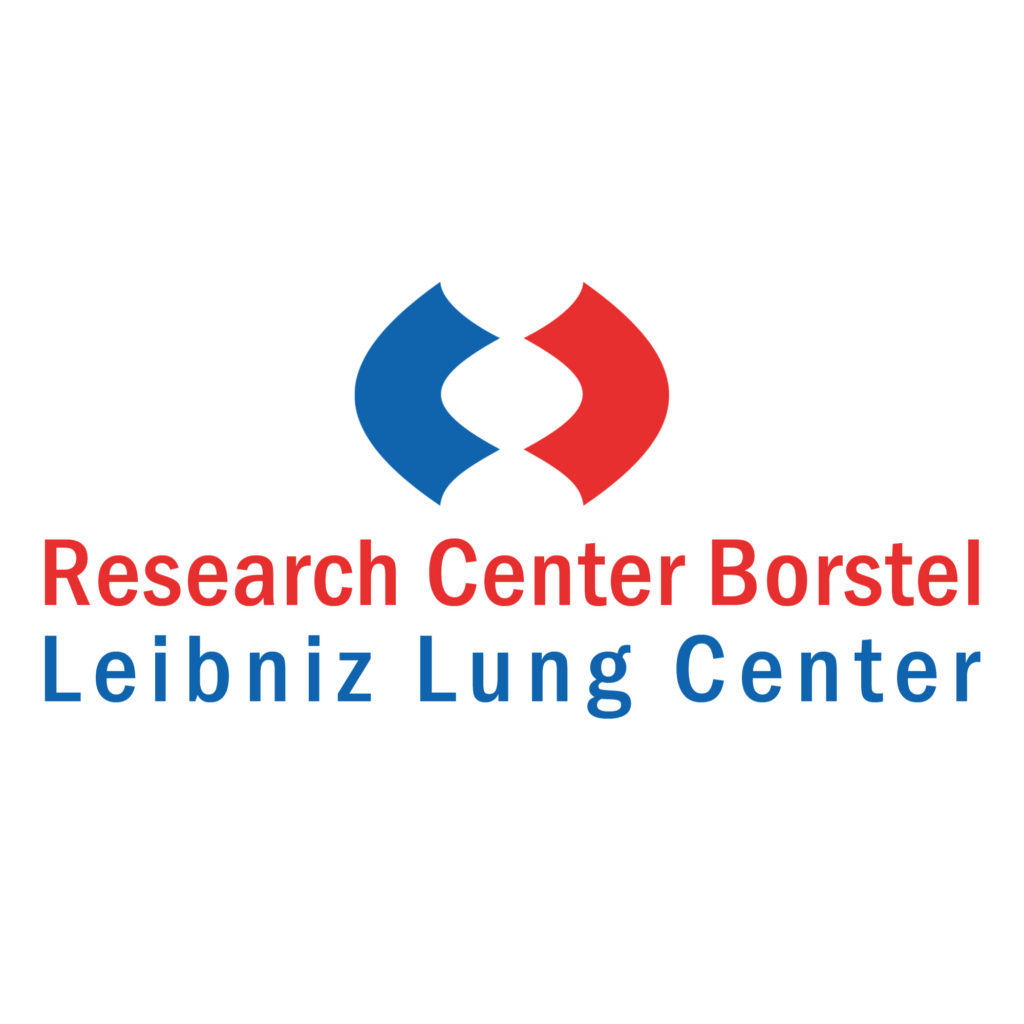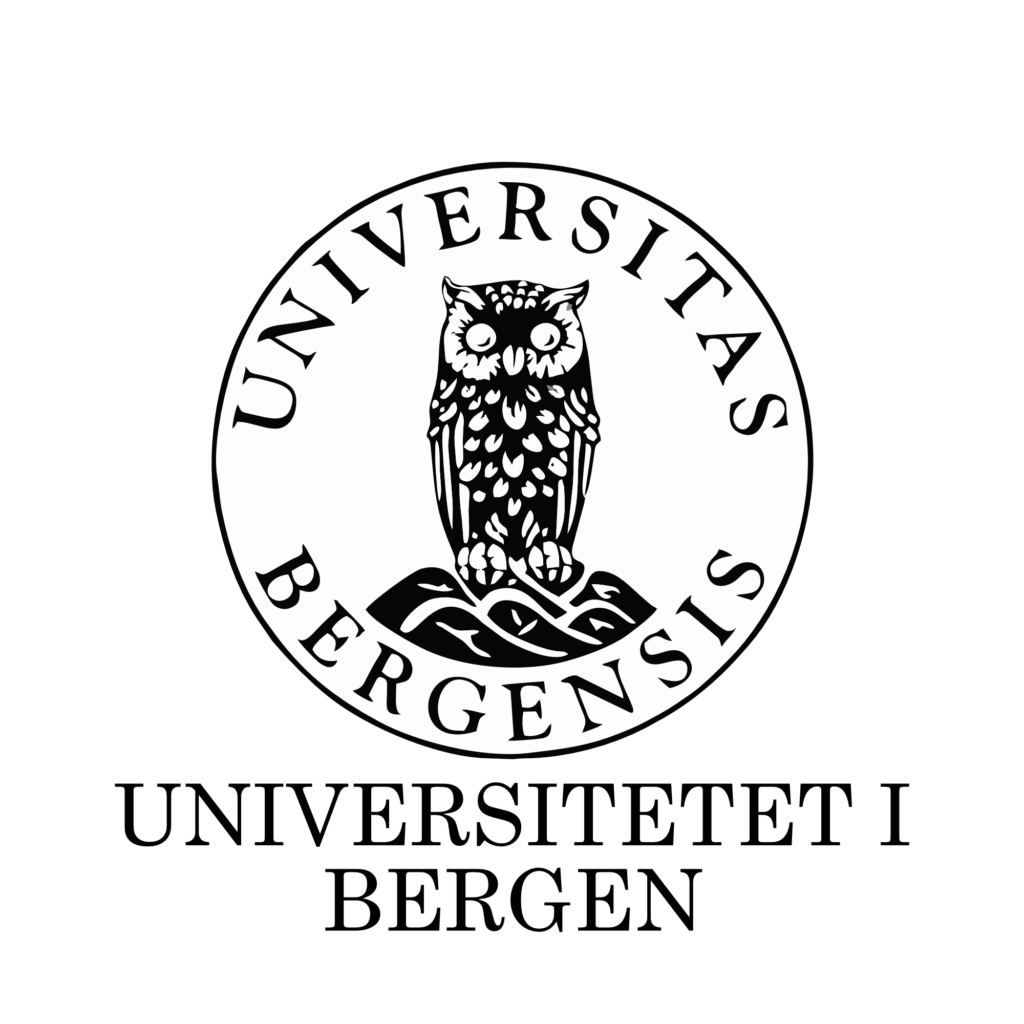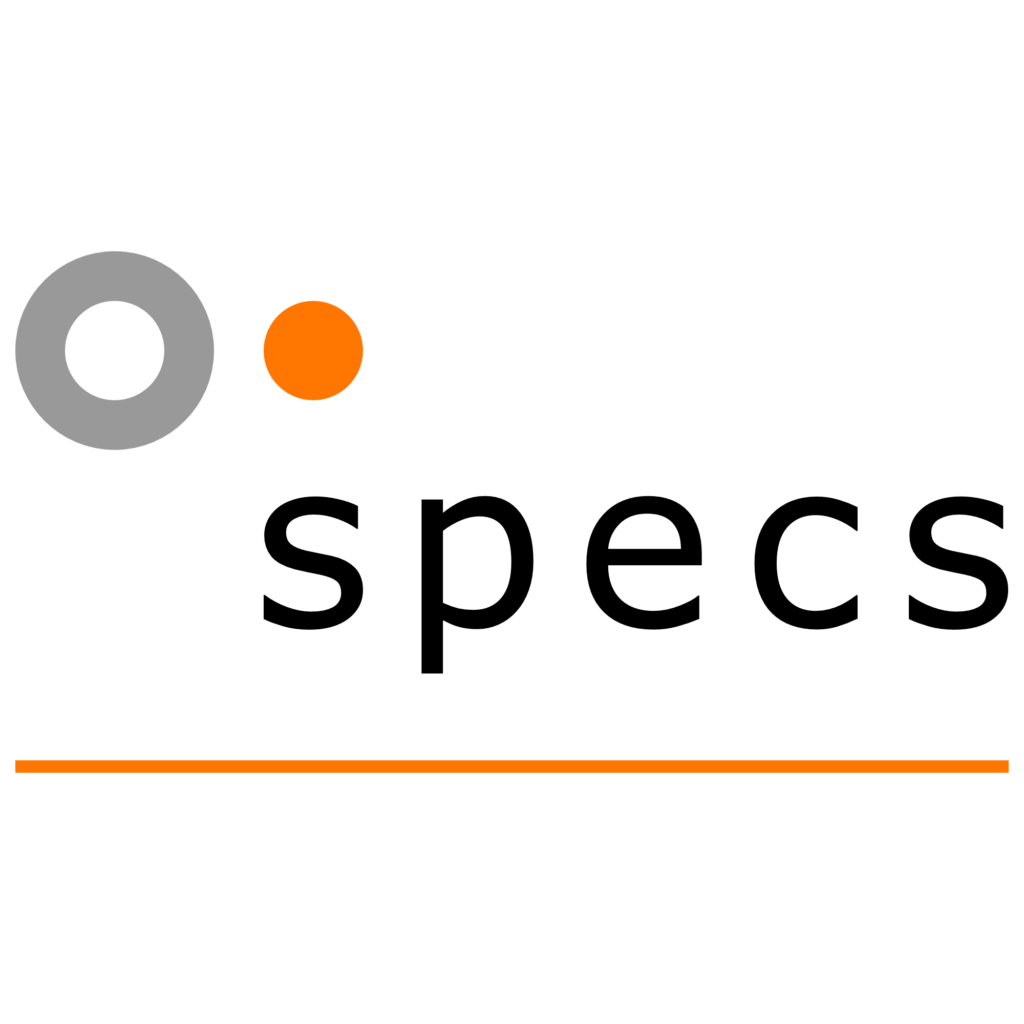Setting the scene
Antimicrobial resistance (AR) is a serious global health problem, the World Health Organisation (WHO) even put antimicrobial resistance in their top 10 global public health threats facing humanity. Historically, anti-infectives have been used without much care about resistance development, as it was believed that the mutations causing resistance would also lead to a decrease in fitness of the respective organism. However, it is now clear that the loss of fitness due to resistance mutations can be compensated by secondary mutations. This led to the development of multiresistant strains of various life-threatening infectious organisms such as M. tuberculosis. In recent years clear regulations about the use of anti-infective agents were made by the WHO to combat AM. Unfortunately, regulations alone will not be sufficient to overcome this problem, new anti-invectives with new targets are desperately needed.
With this state of matters, one would expect that the pharmaceutical industry would undertake large research efforts to develop new anti-infectives. Contrary to that expectation, numerous pharmaceutical companies have outsourced or closed their anti-infective drug development departments as developing new anti-infectives is not economically attractive.
At present, there is no collaborative inter-institutional and highly interdisciplinary consortium explicitly focused on the discovery and development of novel anti-infective agents. The MepAnti project aims to change this, the present network consists of 10 academic partners and 6 non-academic partners.
In order to make a difference in the AR problem, the MepAnti project aims to go beyond the state-of-the-art in the anti-infective field by tackling the attractive and underexplored enzymes from the 2C-methyl-D-erythritol 4-phosphate (MEP) pathway.
More information about our projects can be found hereThe MepAnti Team
The MepAnti team consists of eleven supervisors which will guide twelve ESR students. In addition, the project also contains one project manager
More information about our team can be found here
Project funding
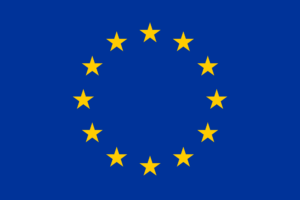 This project has received funding from the European Union’s Horizon 2020 research and innovation programme under the Marie Skłodowska-Curie grant agreement No 860816.
This project has received funding from the European Union’s Horizon 2020 research and innovation programme under the Marie Skłodowska-Curie grant agreement No 860816.
More information about the project funding can be found here
Project beneficiaries
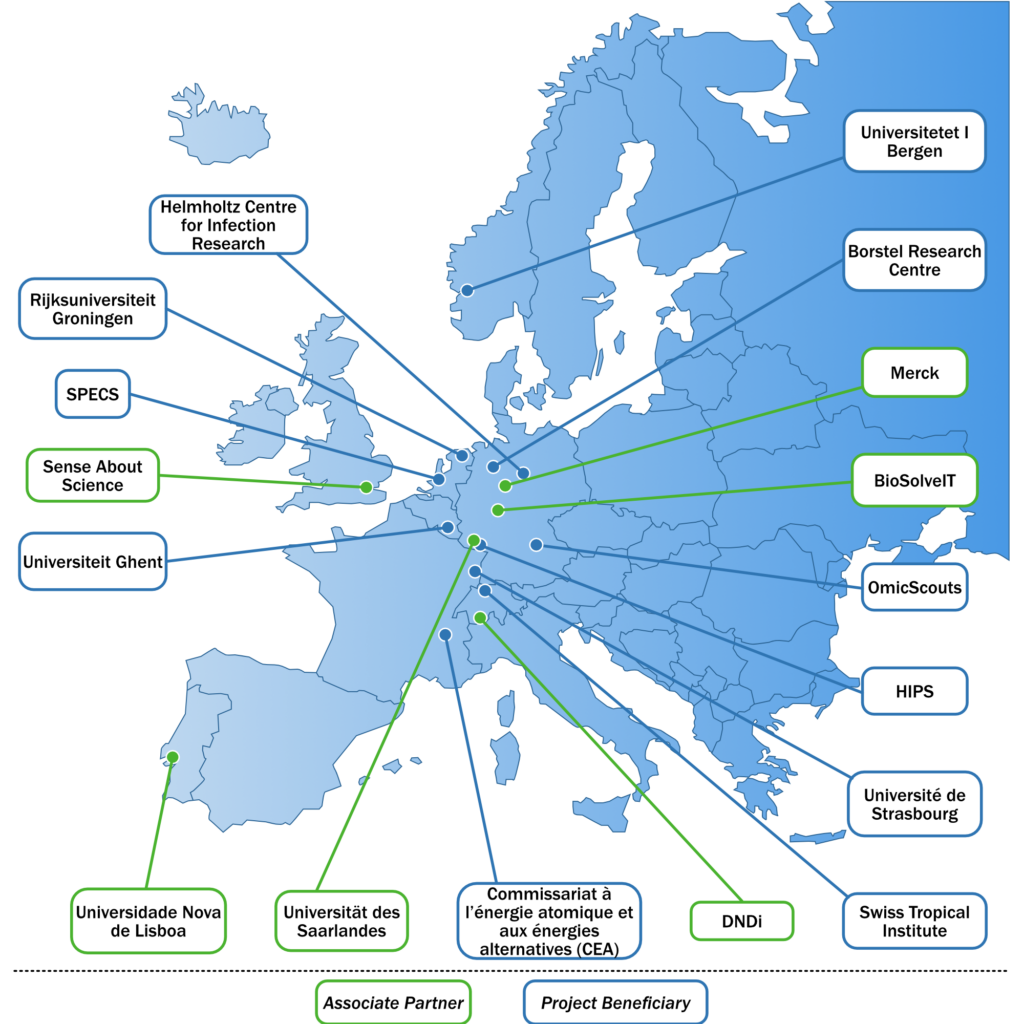
Present the MepAnti consortium comprises 10 academic partners and 6 non-academic partners. For more information about a particular beneficiary, you can click on their logo below.
NEWS
- MepAnti Drug Research Symposium: Young Minds, Big ImpactAnnouncement: the MepAnti team is organizing the MepAnti Drug Research Symposium: Young Minds, Big ImpactMore information about the symposium can be found here /*! elementor …
Continue reading "MepAnti Drug Research Symposium: Young Minds, Big Impact"
FUNDING
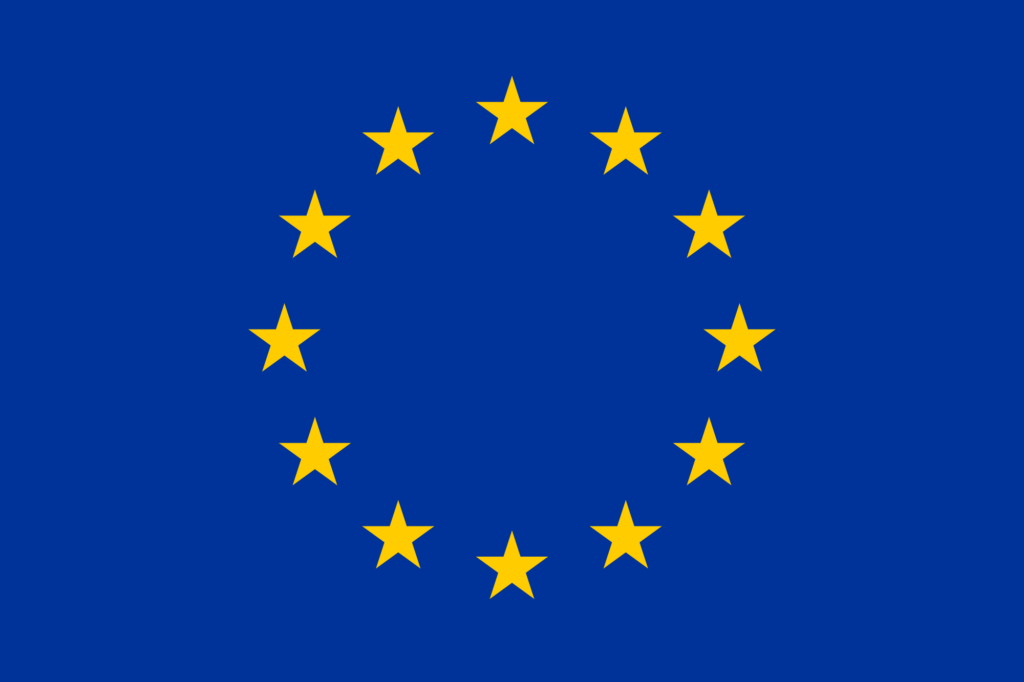
This project has received funding from the European Union's Horizon 2020 research and innovation programme under the Marie Skłodowska-Curie grant agreement No 860816.
